 We all know mosquitoes are little vampires out for blood, and they take it and go before you’re even aware you’ve been bitten.
We all know mosquitoes are little vampires out for blood, and they take it and go before you’re even aware you’ve been bitten.
So why do their bites itch for so long after they've had their fill?
First of all, the female mosquitoes are the ones that bite, since they need protein from blood to complete the development of their eggs.
When she lands on you, the mosquito's long, straw-like mouthpart (called a proboscis) pierces the skin and draws blood.
In taking your blood, she leaves you something in return: her spit. The mosquito injects saliva that contains an anticoagulant (a blood thinner) to stop your blood from clotting and make it easier to drink through that proboscis straw.
Your body recognizes this mosquito saliva as a foreign substance, and the immune system responds to the threat by producing histamine as a defense. Histamines are chemicals your immune system produces to get rid of something bothering you.
Histamine sends a signal to the nerves around the bite location, increasing blood flow and white cell count around the area. This causes inflammation and swelling.
 These allergy symptoms are a bit of an overreaction, which is why antihistamines like Benadryl are recommended to treat mosquito bites.
These allergy symptoms are a bit of an overreaction, which is why antihistamines like Benadryl are recommended to treat mosquito bites.
Other more natural remedies for itch relief include ice, aloe vera, baking soda (mixed with water to make a paste), oatmeal, apple cider vinegar, witch hazel or an onion slice applied directly to the bite area.
Oh, and you probably can still hear Mom’s voice in the back of your head telling you not to scratch a mosquito bite. Scratching not only makes it worse by making the skin more inflamed; it can also increase the risk of infection if your fingernails break the skin.
To reduce the likelihood of bites, keep mosquitoes from landing on you with a spatial repellent like the RESCUE! Mosquito GoClip®.


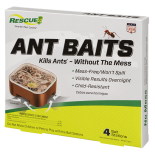 Ant Baits
Ant Baits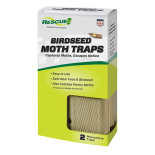 Birdseed Moth Trap
Birdseed Moth Trap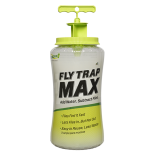 Fly Trap Max
Fly Trap Max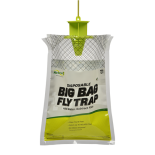 Fly Trap, Big Bag
Fly Trap, Big Bag 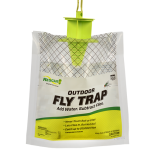 Fly Trap, Disposable
Fly Trap, Disposable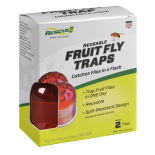 Fly Trap, Fruit Fly
Fly Trap, Fruit Fly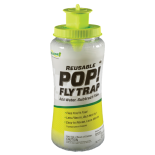 Fly Trap, POP! Fly
Fly Trap, POP! Fly 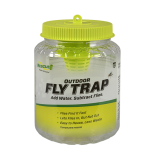 Fly Trap, Reusable
Fly Trap, Reusable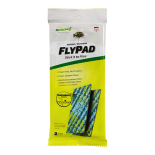 FlyPad
FlyPad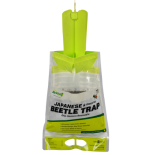 Japanese & Oriental Beetle Trap
Japanese & Oriental Beetle Trap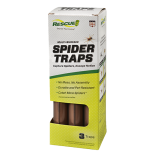 Spider Trap
Spider Trap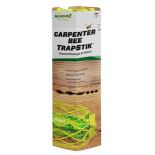 TrapStik, Carpenter Bee
TrapStik, Carpenter Bee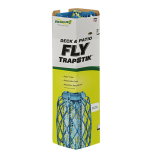 TrapStik, Deck & Patio Fly
TrapStik, Deck & Patio Fly 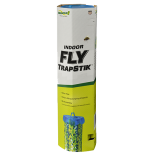 TrapStik, Indoor Fly
TrapStik, Indoor Fly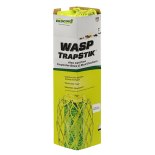 TrapStik, Wasp
TrapStik, Wasp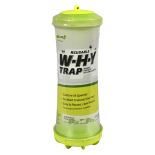 W·H·Y Trap for Wasps, Hornets & Yellowjackets
W·H·Y Trap for Wasps, Hornets & Yellowjackets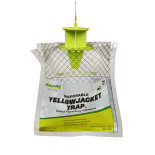 Yellowjacket Trap, Disposable
Yellowjacket Trap, Disposable 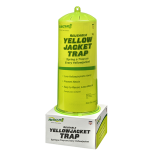 Yellowjacket Trap, Reusable
Yellowjacket Trap, Reusable 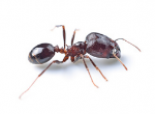 Ants
Ants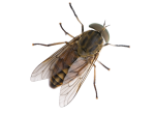 Biting Flies
Biting Flies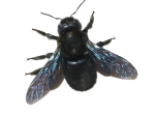 Carpenter Bees
Carpenter Bees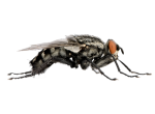 Flies
Flies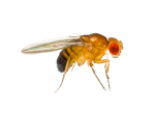 Fruit Flies
Fruit Flies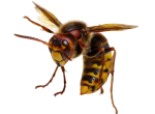 Hornets
Hornets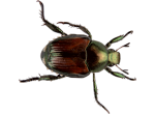 Japanese Beetles
Japanese Beetles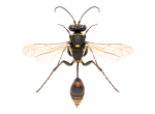 Mud Daubers
Mud Daubers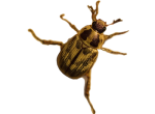 Oriental Beetles
Oriental Beetles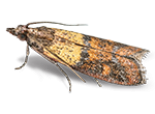 Birdseed & Pantry Moths
Birdseed & Pantry Moths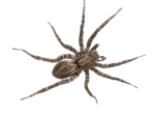 Spiders
Spiders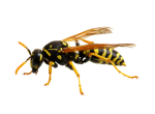 Wasps
Wasps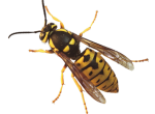 Yellowjackets
Yellowjackets